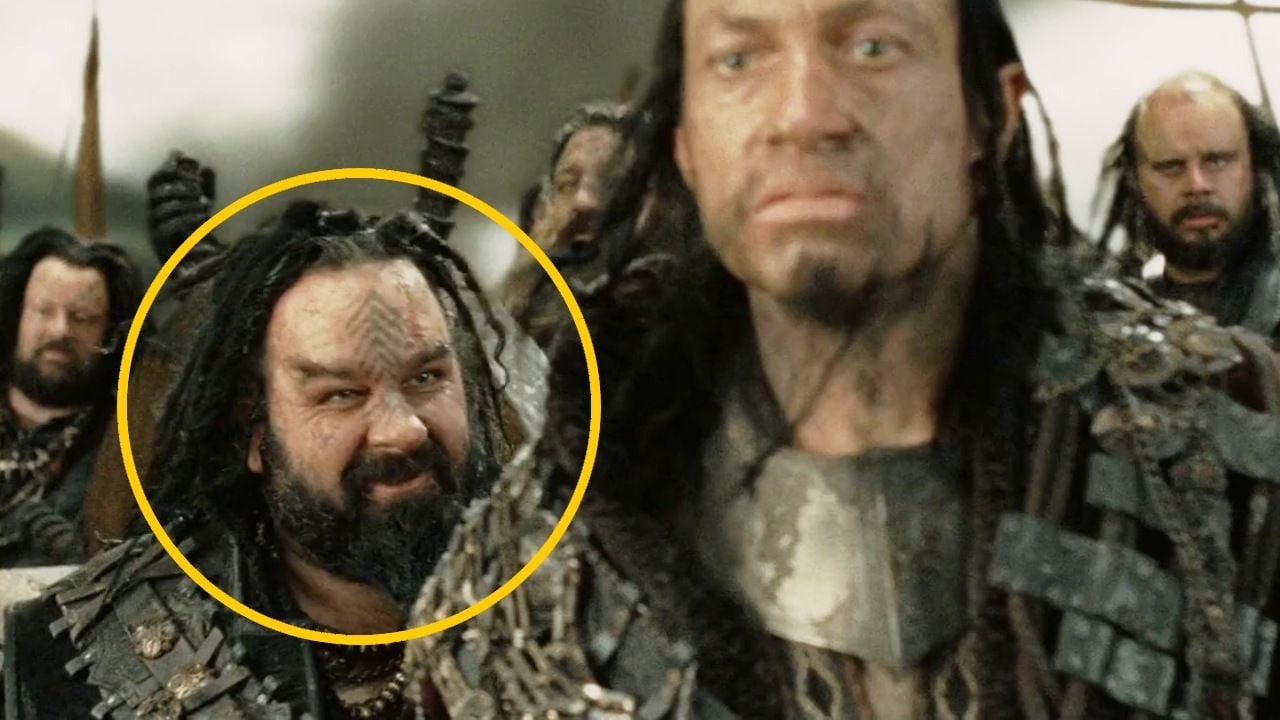Policemen and black bloc around the same table
With his new film The people next doorAndré Téchiné continues his exploration of a human condition captured in contemporary issues, with a clever mix of sweetness and bitterness. After Soulmatesstory of an impossible love between a brother and a sister, the first prisoner of a terrible past that he does not remember and the second eager to break away from it to build another future, this time tells of an encounter, a mourning and a collective rebirth.
The story is that of Lucie (Isabelle Huppert), in the Pyrenees, a forensic police officer whose husband, Serge, also a police officer, recently committed suicide. A terrible tragedy, experienced above all in his professional dimension. If he killed himself it was because of exhaustion, pressure, disillusionment and the impossibility of living his role as a police officer as he had initially imagined it.
So we understand that their relationship was happy, that the resulting unhappiness did not come from their relationship. But the result is equally painful for Lucie, who suffers his absence silently and with dignity. Alone, she lives only for her work and for the jogging she does vigorously around the house. Until the day when the meeting with her new neighbors, a young couple and their little daughter, will upset her daily life.

“The people next door” are Julia (Hafsia Herzi) and Yann (Nahuel Pérez Biscayart). She is a school teacher, he is an artist and above all an activist, member of the black block. An identity that first landed her in prison, and now a daily life that Lucie captures for the first time through the smell of cannabis and the militant music that comes from their garden adjacent to hers. Contacted by Serge’s twin brother, a police officer from the general intelligence who warns her about her new relationships, Lucie finds herself trapped in a dilemma. Will she distance herself from her new neighbor and report him, because he is a police officer, or will she continue this friendship, at the risk of putting herself at odds with this institution that she loves, that keeps her alive, but that has taken away the love of her life?
Great incarnations
As he has always done, André Téchiné offers an anti-programmatic cinema of the genre to which he belongs, here the policeman. The story itself is not a great drama, it offers nothing original or obvious developments, but it offers low-intensity and anti-spectacular action. Thus it is to the characters, their moods and their excesses, that the author entrusts the development of the story. Will Yann, eternal suspect, manage to put a stop to his activism to save his house, as Julia would like? Will she, exhausted by this precariousness induced by Yann’s commitment, leave him? Will Lucie, who hides her profession from the neighbors for a long time, inform her colleagues of Yann’s activities or help him when he needs it?

The principle was the same in Soulmates. A word, a gesture or a look is enough to change the mechanics of the film, to overturn it where the characters take it. From the neighborhood meeting we move on to the family drama, then to the police thriller and the intimate chronicle of mourning. That’s why, shot in the real environments of a normal residential area, from the service station to the police station, The people next door It exists above all through the clear and enigmatic performances of its formidable trio of actors, led by the icon Isabelle Huppert.
Isabelle Huppert, daily poetry
As Lucie, she plays a woman who manages her solitude without aspiring to it, happy to spend time with Julia, Yann and their daughter Rose. Sometimes she sees Serge, who invites himself to the piano or the edge of the bed at night, a ghost who reminds us that she is not yet ready to let him go. Staying in the police force means constantly evoking this ghost and holding it back. But this work is also her entire life.
Faced with Yann, who will lead her to serious professional shortcomings, she is forced to examine her conscience: should she remain a policewoman, thus preserving the vivid and painful memory of her husband and at the same time losing her new friends? Or should she live with them, build together a society made of opposites and friction but an ideal society where mutual help and friendship reign, and thus turn the page on a difficult profession and put an end to the mourning of her husband, irremediably tied to this profession.
Lucie doesn’t talk much. She is alone, and when she isn’t, she isn’t free to say everything, risking losing her job or her new and only friends. No one, in France or in world cinema, interprets silence and the apparent absence from the world like Isabelle Huppert. Through her gaze, her lips that barely move, this way of leaving room for a continuous confusion about what she thinks and what she shows, the actress makes her character a paradoxical creature of serene instability, of seductive danger: a small word, a small gesture, and everything will collapse. Seemingly a nobody, busy with her plantations and her expert garden, Lucie holds her world and that of others in her hands.
From naturalistic drama to dreamlike cinematic utopia, The people next door proposes a sensitive journey within a society in search of its own heart, that of a coexistence that is undoubtedly possible, perhaps impossible, which is based on the beauty and fragility of the hand held out to the other.
The people next door by André Téchiné, in theaters from July 10, 2024. Above is the trailer.
Source: Cine Serie
Ray Ortiz is a journalist at Gossipify, known for his coverage of trending news and current events. He is committed to providing readers with accurate and unbiased reporting, and is respected for his ability to keep readers informed on the latest news and issues.








![Tomorrow belongs to us: What awaits you in the 1989 episode, Thursday, July 17, 2025 [SPOILERS] Tomorrow belongs to us: What awaits you in the 1989 episode, Thursday, July 17, 2025 [SPOILERS]](https://fr.web.img3.acsta.net/img/71/7a/717a116a2003e8e0c7ab3f4a8efe2a71.jpg)
